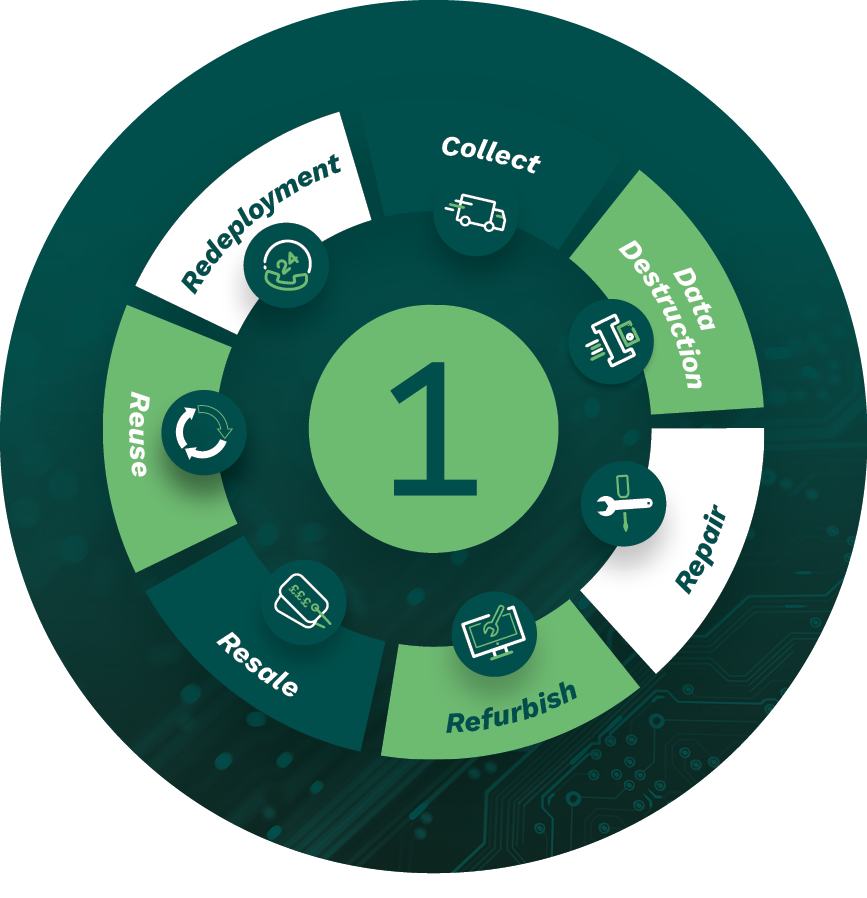tier1 – Modern Slavery Act and Company Policy
1 Introduction
This statement sets down Tier 1 Asset Management Ltd’s commitment to preventing modern slavery and human trafficking in our business activities and supply chain; and the steps we have put in place with the aim of ensuring that there is no slavery or human trafficking in our own business and supply chains.
We all have a duty to be alert to risks, however small.
Staff are expected to report their concerns and management to act upon them.
2 Scope
This MODERN SLAVERY AND HUMAN TRAFFICKING STATEMENT relates to actions and activities carried out during our business activities and to all staff, contractors, interested parties and suppliers of services to Tier 1.
3 Policies
Tier 1 recognises modern slavery is a crime and can take many forms, such as forced labour, servitude, compulsory and child labour, and human trafficking and exploitation of children. We remain committed to improving our practices to combat slavery and human trafficking. This policy statement is communicated to all employees on our intranet and within our employee handbook to reinforce the policy. We ensure information is cascaded down through the company, raising awareness of Modern Slavery and encouraging our employees to report any activity they believe to be unlawful and/or in breach of our policies and standards.
Tier 1 is committed to ensuring that there is no modern slavery (child or otherwise) or human trafficking in our supply chain or in any part of our business. This statement and supporting documents reflect our commitment to acting ethically, morally and with integrity in all our business relationships. To implement and enforce effective systems and controls to prevent slavery and human trafficking taking place anywhere within our ‘sphere of influence’.
We have zero-tolerance to slavery and human trafficking which applies to our staff and any dealings with other companies. Tier 1 has strict HR policies and procedures which support the Modern Slavery Act 2015 (the ‘Act’) to protect against modern slavery and human trafficking. This includes carrying out checks of all ‘right-to-work’ documentation.
Risks associated to human trafficking and modern slavery are periodically reviewed and recorded int the BUSINESS IMPACT ANALSYSIS – RISK TREATMENT PLAN with actions being assigned owners and subject matter experts along with pulling from various other resources to be able to identify and assess the risks.
To ensure all those in our supply chain comply with our values, we have in place a SUSTAINABLE PROCUREMENT & SUPPLIER DIVERSITY POLICY. Our measures may also consist of contractual obligations (requiring suppliers to commit to complying with all relevant laws and regulations, including those relating to modern slavery and human trafficking), and we regularly survey our suppliers to ensure all parties uphold their commitments in line with our values.
The following processes set down our approach to the identification of modern slavery risks and steps to be taken to prevent slavery and human trafficking in our operations:
- Staff are encouraged to report any issues regarding suspected breaches in modern slavery and human trafficking, i.e. whistleblowing
- Staff are given this awareness during the employee induction process
- Staff also complete annual modern slavery and human trafficking awareness training via an e-learning platform.
4 Responsibilities
| Employees |
All employees, contractors, elected members, agency staff: · Required to comply with this document · Responsible for reporting emergencies, incidents and breaches of this document* |
| Management |
Line Managers: · Responsible for monitoring and enforcing compliance · Responsible for providing guidance to staff on implementation of this document |
| Head of HR |
· Responsible for overseeing the entire Human Resources (HR) provision at Tier 1 · Responsible for assessing and acting upon any potential or actual risks identified in respect of human rights and modern slavery · Responsible for investigating and reporting on any suspicion or evidence of instances of modern slavery and human trafficking |
| Document Owner |
· Responsible for ensuring only the latest version of this document is available to staff · Responsible for ensuring all retired versions of this document are removed from circulation and archived as appropriate |
*[SOURCE: INFORMATION SECURITY BREACH INCIDENT POLICY and NONCONFORMITY AND CORRECTIVE ACTION PROCEDURE]
5 Policy Compliance
5.1 Compliance Measurement
5.1.1 The Compliance Team will verify compliance to this policy/procedure through various methods, including but not limited to:
5.1.2 management review,
5.1.3 business tool reports,
5.1.4 internal and external audits, and
5.1.5 feedback to the policy owner, non-conformances and corrective actions.
5.2 Exceptions
5.2.1 Any exception to the policy/procedure must be approved by approver in advance and recorded.
5.3 Non-Compliance
5.3.1 Any employee found to have violated this policy/procedure may be subject to disciplinary action, up to and including termination of employment.
6 Related Legislation, Standards, Policies, Processes & other documents
6.1 The organisation shall comply with the following legislation and other legislation as appropriate:
6.1.1 The General Data Protection Regulation (GDPR) and UK Data Protection Law (2018)
6.1.2 The Human Rights Act (198)
6.1.3 The Equality Act (2010)
6.1.4 The Transport & Works Act (1992)
6.1.5 The Health and Safety at Work etc Act (1974)
- The Care Act (2014)
- The Modern Slavery Act (2015)
- Ethical Trading Initiative Base Code (https://www.ethicaltrade.org/)
- ILO Convention on Labour Rights (https://www.ilo.org/)
Document Owner and Approval
The Head of HR is the owner of this document and is responsible for ensuring that this document is reviewed in line with the review requirements of the Tier 1 ISMS, QMS, EMS and other Standards.
The current version of this document is available to all members of staff on the Tier 1 Team Site and may be printed in uncontrolled form when required.
This document was approved by the Compliance Manager and is issued on a version-controlled basis under their signature.
| Owner: | Chris Seddon – HR Manager |
| Approved By: | Paul Shortland – Compliance Manager |
| Released Date: | 04/11/2024 |
| Review Date: | November 2025 |

Jonathan Rose
Managing Director

Reduce. Reuse. Redeploy. Recycle
Circular Approach to Sustainability
We ensure that the Lifecycle Services we provide are sustainable and circular in approach, and actively promote the reuse of all equipment where possible. We work closely with our clients to improve awareness of environmentally favourable solutions, ensuring recycling is the last option considered and making a real contribution to your ESG goals.
